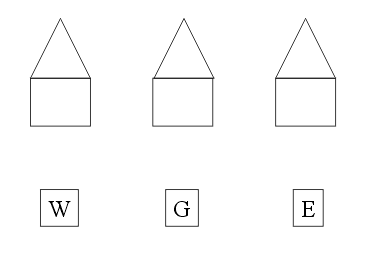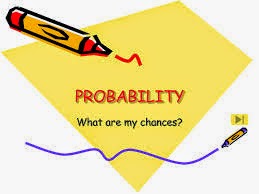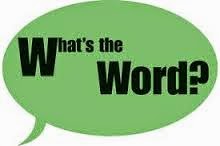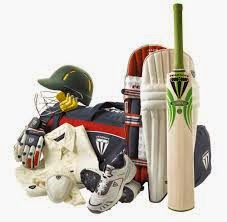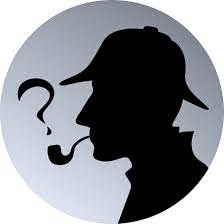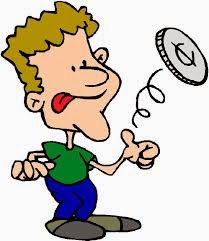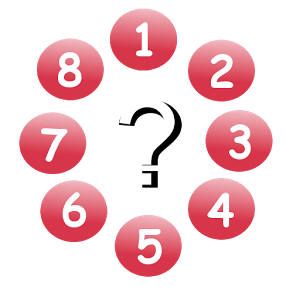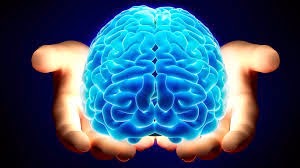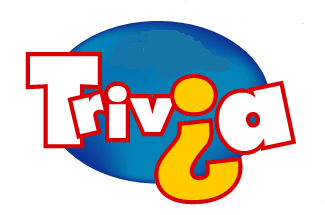#411 - worlds trickiest riddle
The doctor prescribed you to take one pill from the bottle every half an hour. The bottle is now left with only three pills.
How long do you think you have before you run out of pills?

You have an hour.
The most common answer will be one and a half hour. But remember, when you took the first pill, it was the zero minute.

